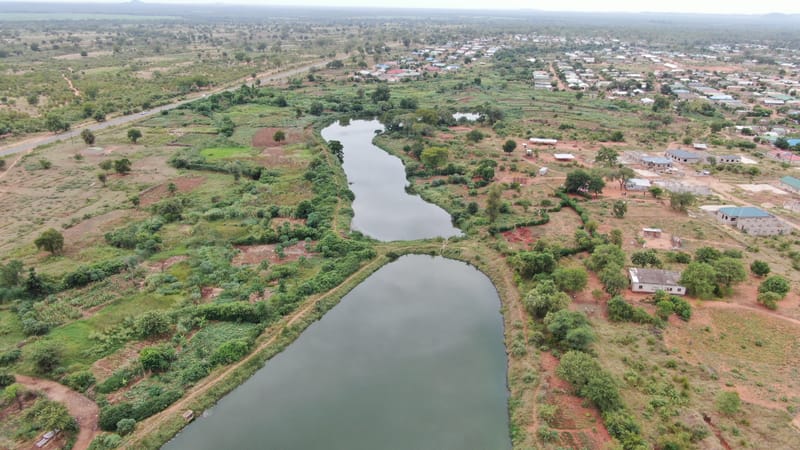HYDROGEOLOGICAL AND GEOPHYSICAL SURVEYS

Hydrogeological Survey is carried out using Geographic Information Systems and Remote Sensing techniques. Groundwater conditioning factors: geology, slope, lineaments -use, drainage density, topographic index, altitude, recharge and rainfall are used to develop Groundwater Potential zones. These factors which are prepared from remote sensing imagery using spatial analysis tools in a GIS environment determine the aquifer transmissivity, effective porosity and groundwater recharge, among others.
Geophysical Surveys: A detailed hydrogeological study is significant and is considered a priority in many groundwater explorations programmes. After mapping the groundwater potential zones then Geophysical Surveys can be done mostly targeting those areas with high ground water potential. There are many geophysical methods being used for groundwater prospecting, although; the most widely used method is the Electrical Resistivity (ER) method. It is a well-known geophysical method that has been used in groundwater exploration and contaminant delineation in many countries with varying degrees of success. In some cases, the method has produced good borehole drilling results, especially in granitic environments. Other geophysical methods have gained favour in the groundwater sector, though not widely used in Zimbabwe. One such is the electromagnetic (EM) methods.
For all borehole siting contact us, we provide a good combination of Hydrogeological and Geophysical Surveys.